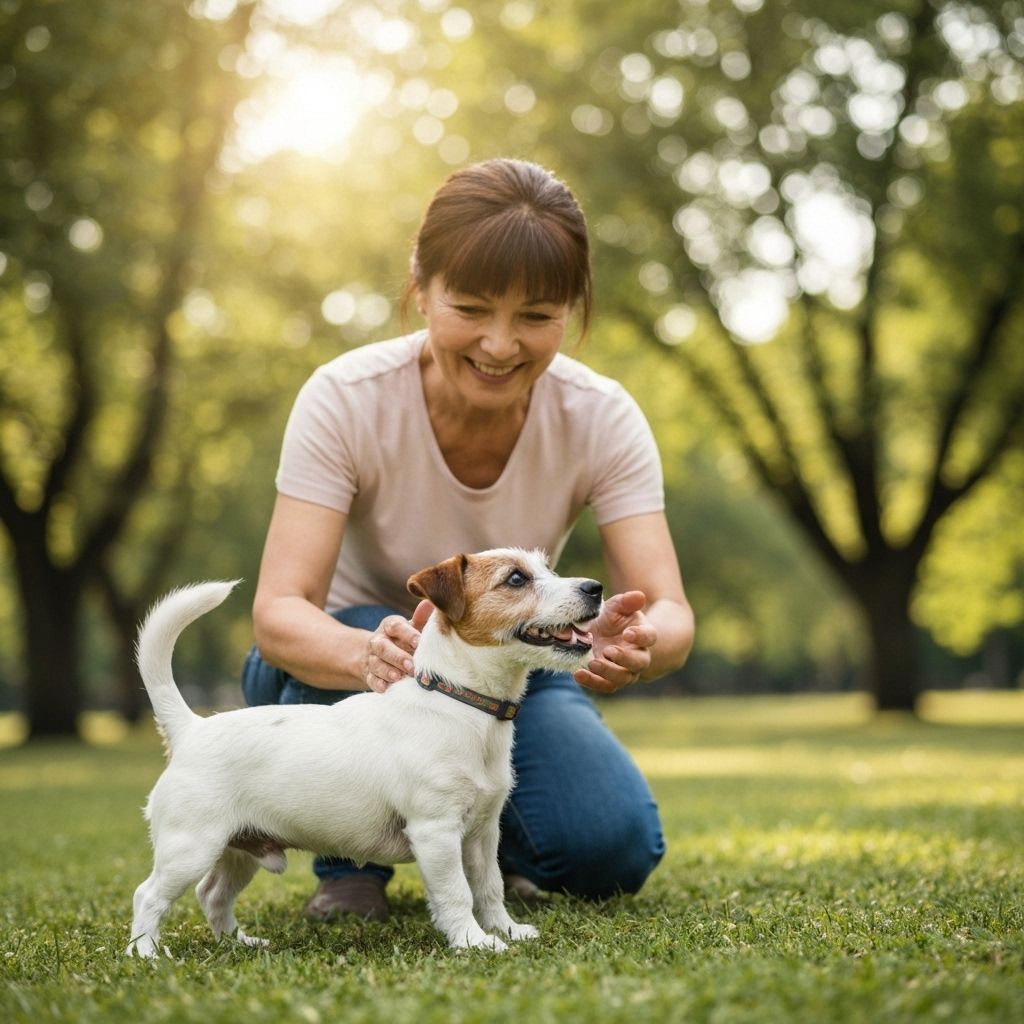
Your Complete Guide to Puppy Training & The First Commands to Teach
Training your puppy is one of the most important investments you can make in your relationship. Starting early with the right foundation will set you both up for years of happiness together.
When to Start Training
The best time to start training your puppy is as soon as you bring them home, typically around 8 weeks old. Puppies are most receptive to learning between 8-16 weeks of age, during their critical socialization period.
Essential Commands Every Puppy Should Learn
These fundamental commands form the foundation of all future training:
1. Name Recognition
Before anything else, your puppy needs to learn their name:
- Use their name frequently in positive contexts
- Reward with treats when they look at you after hearing their name
- Never use their name when scolding
2. "Sit"
Usually the easiest command to teach:
- Hold a treat close to your puppy's nose
- Slowly lift the treat over their head
- As their head follows the treat, their bottom should naturally touch the ground
- Say "Sit" and immediately reward
3. "Stay"
Teaches impulse control and patience:
- Start with your puppy in the "sit" position
- Hold your hand up in a "stop" gesture
- Take one small step back
- Wait 1-2 seconds, then return and reward
- Gradually increase distance and duration
4. "Come"
A potentially life-saving command:
- Start in a safe, enclosed area
- Get down to your puppy's level
- Use an excited, happy voice
- Always reward when they come to you
- Never call them to come for something negative
5. "Down"
Useful for calm behavior and impulse control:
- Start with your puppy in "sit"
- Hold a treat to their nose, then slowly lower it to the ground
- Draw the treat away from them along the ground
- Say "Down" when they lie down, then reward
Training Tips for Success
Follow these guidelines for effective training:
- Keep sessions short - 5-10 minutes for young puppies
- End on a positive note - Always finish with success
- Be consistent - Use the same commands and rewards
- Practice daily - Multiple short sessions work best
- Use high-value treats - Find what motivates your puppy most
- Be patient - Every puppy learns at their own pace
Common Training Mistakes to Avoid
- Using punishment or negative reinforcement
- Training when you're frustrated or impatient
- Inconsistent commands or expectations
- Training sessions that are too long
- Not practicing in different environments
Socialization During Training
Combine training with socialization by:
- Practicing commands around other people and dogs
- Training in different locations
- Exposing your puppy to various sounds and environments
- Enrolling in puppy training classes
Remember, training is an ongoing process that strengthens your bond with your puppy. Stay positive, be consistent, and celebrate small victories along the way!